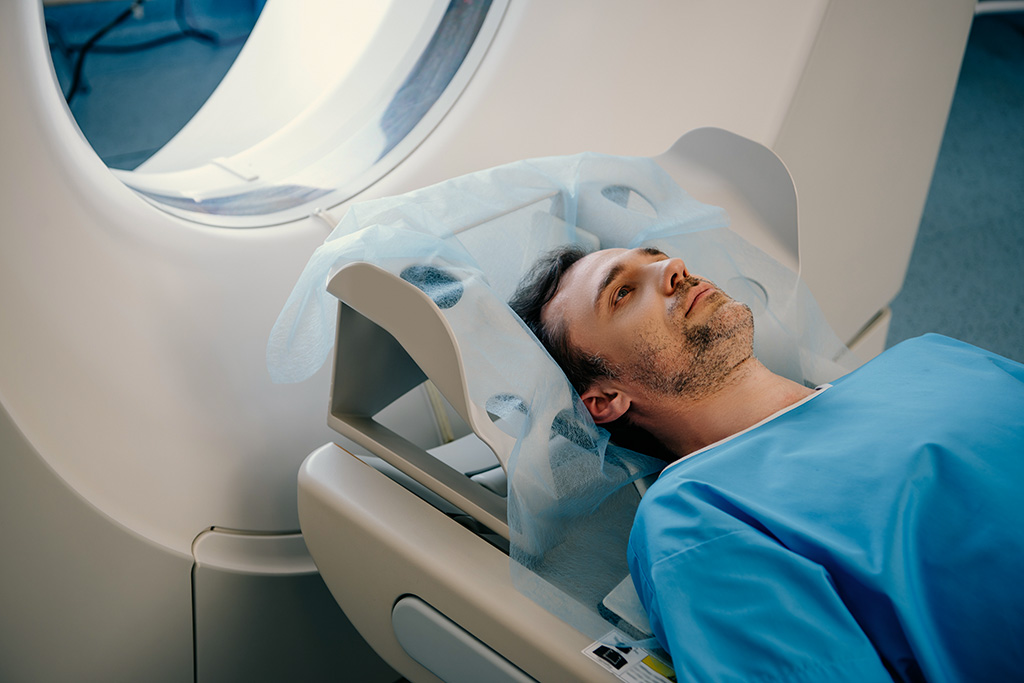Low Dose CT
Computed Tomography (CT) uses advanced imaging technology to combine multiple X-Rays, producing detailed cross-sectional views of internal structures, such as bones, soft tissues, and blood vessels. CT scans provide much greater clarity than standard X-Rays and can involve the use of a contrast agent to highlight specific areas for improved image quality. The procedure is quick, non-invasive, and plays a vital role in diagnosing and managing a wide range of medical conditions.
During the scan, you will lie on a motorised bed that moves through the centre of a doughnut-shaped scanner while images are captured.
FAQs
Yes, CT scans require a scheduled appointment. Contact our team by phone or in person with your referral, and we will book the next available slot for you.
Preparation depends on the type of scan. Our staff will provide clear instructions when you book. This may include fasting or drinking a contrast liquid prior to the scan. Arrive at least 15 minutes early to complete necessary paperwork. If you are pregnant, please notify our staff before the scan.
Please bring the following:
- Your referral form.
- Medicare or DVA card, if applicable.
- For work-related claims, a WorkCover claim number or confirmation if you plan to lodge a claim.
An experienced radiographer will explain the process and guide you to the CT scanner. You will lie still on a table that slides through the scanner’s ring. The procedure is painless, and you may receive instructions to hold your breath briefly during the scan. Communication with the radiographer is possible throughout the process.
At Dr Glenn & Partners Medical Imaging, we bulk bill most Medicare-eligible CT scans. If there are any out-of-pocket expenses, our staff will advise you before your appointment.
Reports are typically available within 24 to 48 hours. For urgent cases, we work closely with the radiologist to ensure your doctor receives the results promptly. Let us know if your referring physician has asked you to return immediately after the scan.
